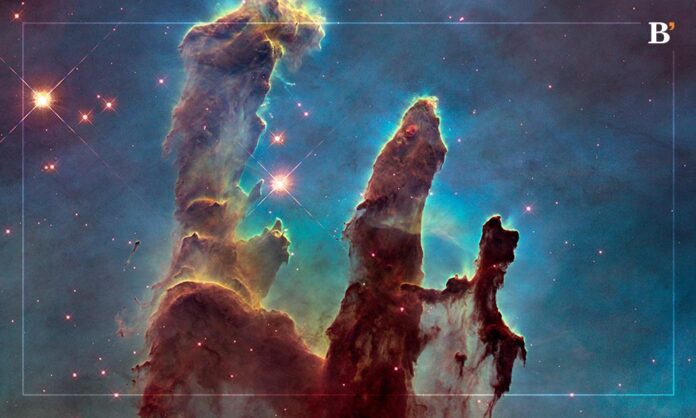Key Highlights
- Outer space refers to the region beyond Earth’s atmosphere, while deep space encompasses the farthest reaches beyond planetary systems.
- Outer space is characterized by the presence of celestial bodies like planets, stars, and galaxies, whereas deep space consists of areas between galaxies with sparsely distributed matter.
Space usually called the “final frontier,” encompasses distinct regions that astronomers have classified and defined. Though the terms space, outer space, and deep space are mostly used interchangeably, there are clear differences between outer space and deep space.
Exploring The Distinctions: Outer Space vs Deep Space
Outer space refers to any region of space that is not a part of Earth’s atmosphere, while deep space refers to the region of space that is beyond the solar system.
- The International Telecommunication Union (ITU), an international organization regulating radio communications, defines deep space as any region of space that is beyond 2 million kilometers (1.2 million miles) from Earth.
- This definition is based on the fact that radio signals become more difficult to transmit and receive at distances beyond this point.
- Human exploration of outer space began in the early 1960s with the launch of the first artificial satellite, Sputnik 1.
- Since then, humans have sent probes and astronauts to explore the Moon, Mars, and other planets in our solar system. Deep space remains largely unexplored.
Challenges of Exploring Deep Space
The challenges of exploring deep space are many.
- The distances involved are vast, and the environment is harsh.
- There is no atmosphere to protect against the harmful radiation of space
- The temperatures can range from extremely hot to extremely cold.
Exploring deep space is an expensive and challenging, but it is also an exciting and rewarding one. It is a journey that will continue to push the boundaries of human knowledge and achievement.
Differences Between Outer Space and Deep Space
The table mentioned below highlights the key
| Category | Outer Space | Deep Space |
| Definition | Region beyond Earth’s atmosphere | Farthest reaches beyond planetary systems |
| Starting Point | Kármán line (approximately 62 miles/100 km) | Beyond the moon |
| Accessible to | Human-made objects like satellites, probes | Inaccessible to current human-made missions |
| Characteristics | Presence of celestial bodies (planets, stars, galaxies) | Areas between galaxies, sparsely distributed matter |
| Observations | Enables scientific exploration, satellite communications | Capturing faint signals, studying early universe, searching for exoplanets, investigating dark matter and dark energy, exploring cosmic web |
| Challenges | Low-density atmosphere, cosmic rays | Vast distances, inhospitable environments, limited visibility |
FAQs
- What is outer space?
Outer space refers to any region beyond Earth’s atmosphere, encompassing celestial bodies such as planets, stars, and galaxies.
- What is deep space?
Deep space refers to the region of space that lies beyond the solar system, encompassing vast distances and areas between galaxies.
- What are the characteristics of outer space?
Outer space is characterized by the following:
- It is a vacuum.
- It is extremely cold.
- It is very dark.
- It is filled with radiation.
- What are the characteristics of deep space?
Deep space is characterized by the following:
- It is very large.
- It is very empty.
- It is very old.
- It is very mysterious.




